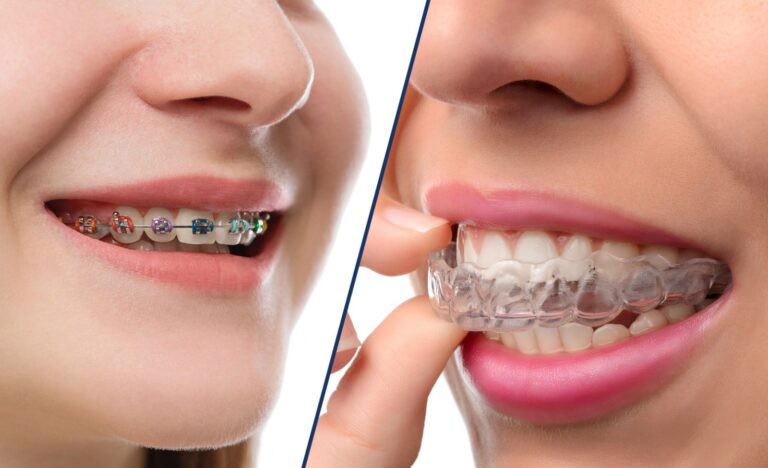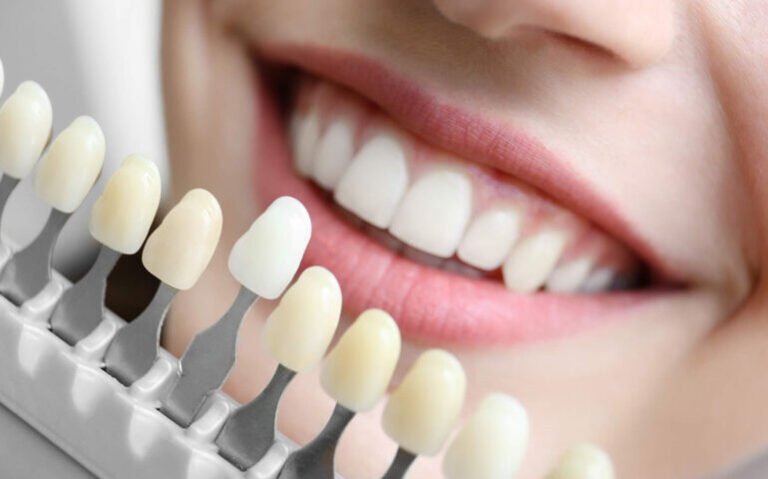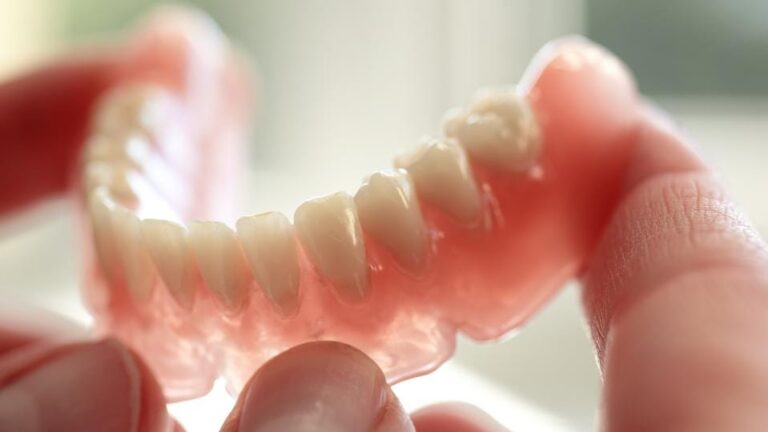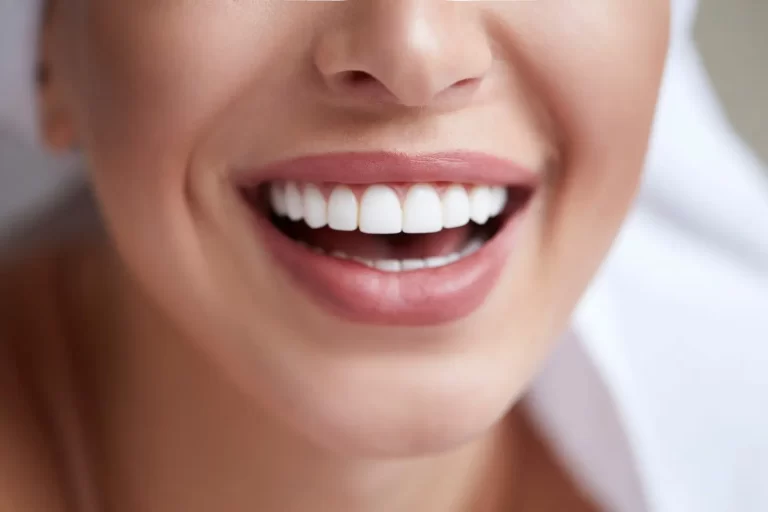Dental implant surgery is a popular and effective replacement for missing or damaged teeth. The procedure involves placing a small titanium post into the jawbone, which replaces the missing tooth’s root. The post is topped with a custom-made prosthetic tooth designed to look and feel like a natural tooth. However, for the Coconut Creek dental implants to be successful, the jawbone must be strong and healthy enough to support the implant.
What role does the jawbone play in dental implants?
The jawbone is critical for dental implant success because it provides the foundation for the implant. The titanium post used for the implant is designed to mimic the root of a natural tooth, and it needs a solid foundation in the jawbone to support the replacement tooth. The jawbone must be able to securely hold the implant in place and provide the necessary stability for the replacement tooth to function correctly.
One of the most critical factors that can affect the success of dental implant surgery is the density and quality of the jawbone. The jawbone needs to be strong enough to support the implant, and it should have enough density to provide a secure foundation for the implant. In cases where the jawbone is too weak or has been damaged, a bone graft may be necessary to support the implant.
Another critical factor that can affect the success of dental implant surgery is the presence of periodontal disease. Periodontal disease, also known as gum disease, is an infection that affects the gums and the jawbone. If the disease is not treated, it can lead to bone loss, making it difficult for the jawbone to support the implant. In cases where periodontal disease is present, it is essential to treat it before dental implant surgery.
Smoking and heavy alcohol consumption can also affect the success of dental implant surgery. These habits can slow the healing process and increase the risk of implant failure. If you’re a smoker or heavy drinker, you may need to quit or reduce your consumption before getting dental implants.
Certain medical conditions can also affect the success of dental implant surgery. These include uncontrolled diabetes, autoimmune disorders, and certain types of cancer. If you have one of these conditions, it is essential to speak with your dentist or healthcare provider to see if dental implants are appropriate for you.
The patient’s are is also an essential factor in the success of dental implant surgery. Children and teenagers may not be fully developed enough to support an implant, and older adults may have a higher risk of complications. They may not be able to undergo the surgical procedure.
- Conclusion
In conclusion, the jawbone plays a critical role in the success of dental implant surgery. The jawbone provides the foundation for the implant and must be strong and healthy enough to support the replacement tooth. Factors that can affect the success of dental implant surgery include the density and quality of the jawbone, the presence of periodontal disease, smoking, heavy alcohol consumption, certain medical conditions, and the age of the patient. It is essential to speak with your dentist or healthcare provider to evaluate your jawbone, overall health, and any other factors that may affect the success of dental implant surgery. Together, you can determine the best course of treatment for your needs.










